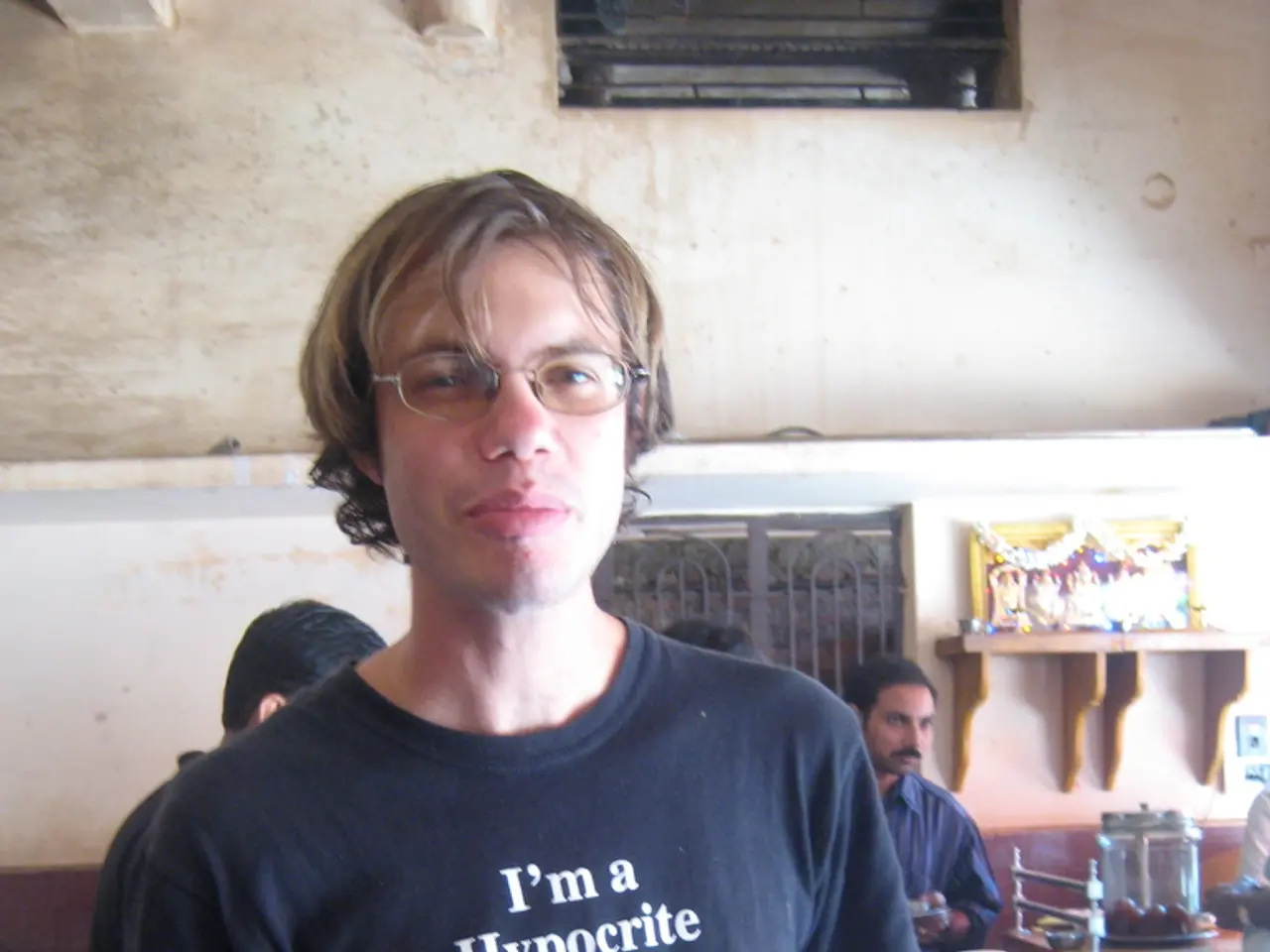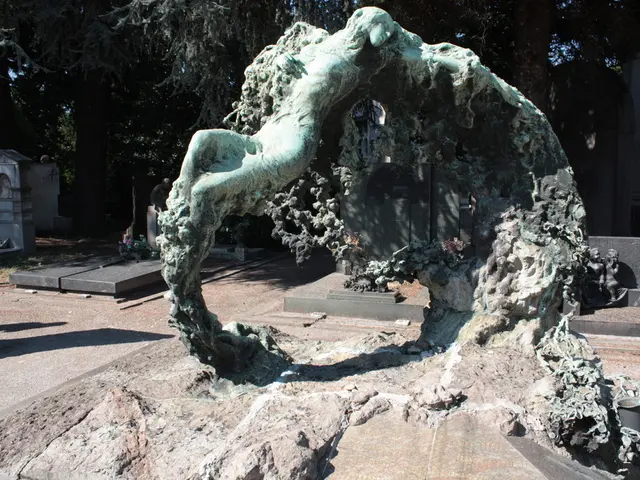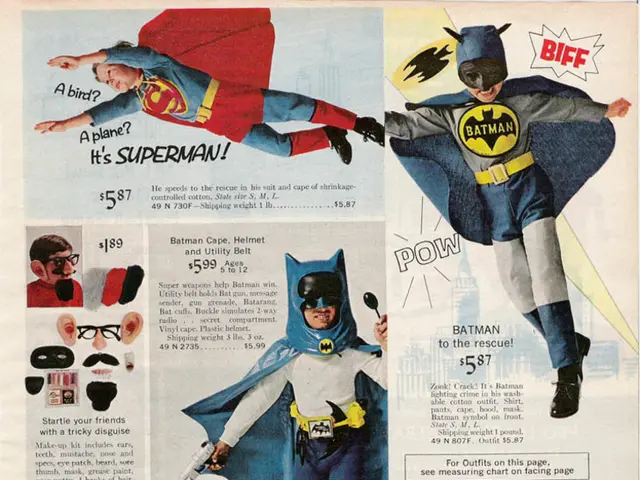Tips on Gracious Giving: Sinatra's Method of Tipping Revealed
In the world of entertainment, Frank Sinatra was not just a legendary singer but also a man known for his generosity and hospitality. His unique approach to tipping, often referred to as duking, was more than just a financial gesture—it was a personal touch that reflected his appreciation for service and care for others.
Unlike the common notion of tipping based on a percentage of the bill, Sinatra's tipping was a heartfelt gesture. It was a way of saying, "I see you, I value what you do, and I want you to know it." This philosophy, rooted in an Old World sense of honour, made hospitality a sign of respect and esteem for Sinatra.
Sinatra's tipping often involved large sums, with $100 bills being common—equivalent to more than $1,000 in today's money. However, it was not the dollar amount that mattered but the attitude behind it: generous, big-hearted, magnanimous, and fun.
Sinatra's hospitable ethos extended beyond tipping. He personally stocked medicine cabinets and occasionally gifted items to guests at his Palm Springs compound, ensuring they felt welcome and cared for. This personal touch in hospitality mirrored the spirit of Old Fezziwig from A Christmas Carol, who was known for his generosity and care for others.
Modern artists like Harry Styles have adopted Sinatra's tips system by integrating personalized fan engagement and exclusive content offerings through digital platforms. However, the essence of Sinatra's approach—the personal gesture and the desire to show appreciation—remains timeless.
Tipping today has become more complex with digital tip prompts, leading to tipping fatigue. But Sinatra's attitude towards tipping, rather than the dollar amount, is worth reviving. Tipping is recommended for situations where personal service is involved and contributes to the overall quality of the experience.
Sinatra's tipping was an extension of his broader life stance of radical hospitality, reflecting his desire to show appreciation for services rendered and make others feel valued. His legacy serves as a reminder that hospitality is not just about following rules, but about making a personal connection and showing genuine care for others.








